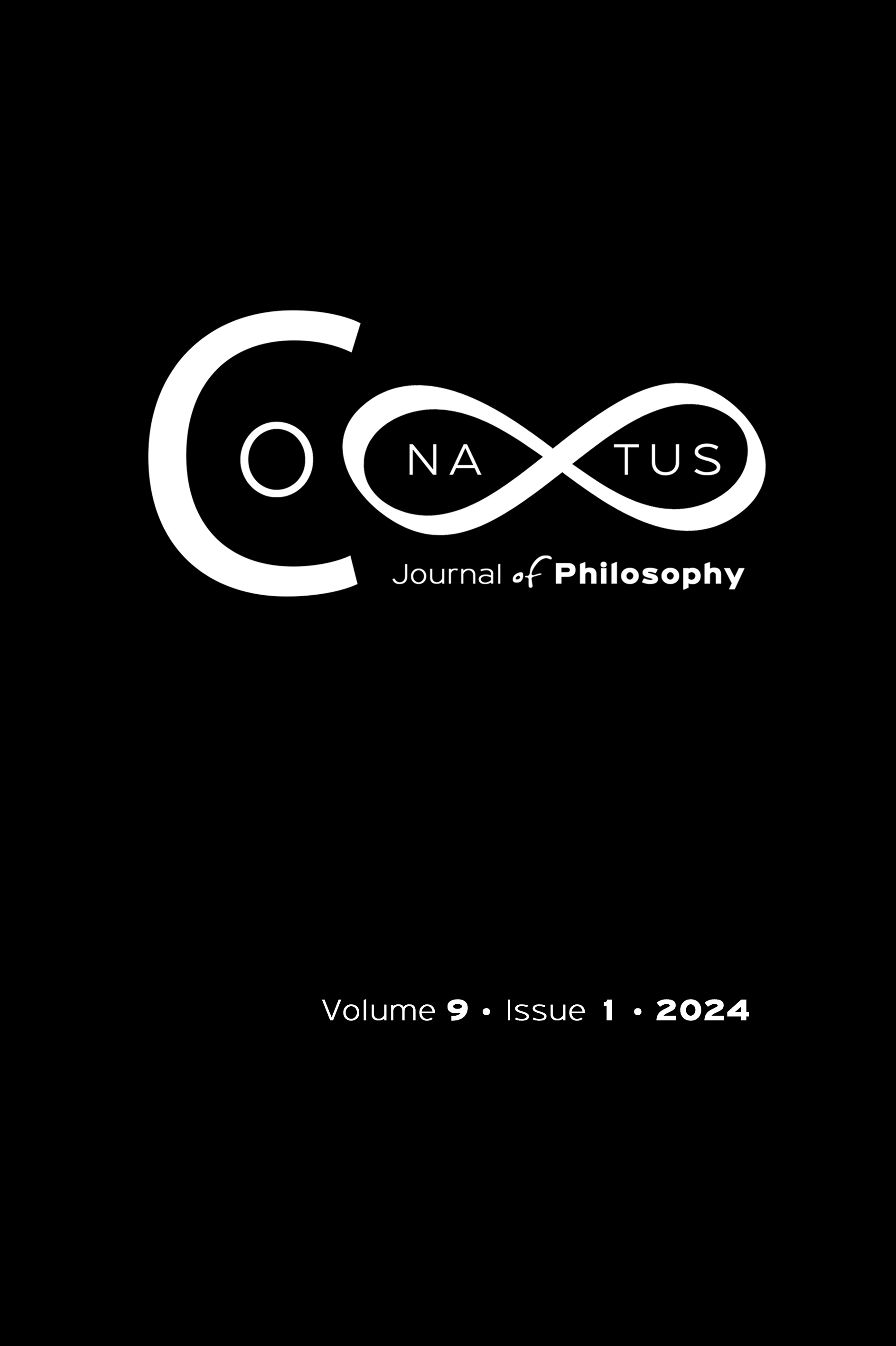An Igbo Understanding of the Human Being: A Philosophical Approach

Abstract
The conception of the human being remains a philosophical controversial discourse among scholars to include Igbo extraction. The discourse has taken many dimensions describable as social, ontological, theologico-anthropological and even normative. Questions now follow: is the human being entirely a spiritual or physical being, or socio-political being, or even anhropological being? What differentiates his existence from the existence of other realities – be it physical or spiritual? It is in addressing these questions that this paper presents a socio-ontological conception of the human being held by Umuoka People which holds that the human being is Maadjvuru which interprets ‘Sustained-Survived/Surviving-Spirit.’ Doing this, the paper shall employ hermeneutical and phenomenological approaches to critically evaluate and undertake the discourse. The paper is expected to present more insights into the discourse by showing that the human being is a manifestation of the spirit, a concretized-spirit with complex physical and spiritual components whose existential experiences underpin his complex nature.
Article Details
- How to Cite
-
Ugwu, A. K. (2024). An Igbo Understanding of the Human Being: A Philosophical Approach. Conatus - Journal of Philosophy, 7(1), 135–181. https://doi.org/10.12681/cjp.25223 (Original work published June 29, 2022)
- Section
- Articles

This work is licensed under a Creative Commons Attribution-NonCommercial 4.0 International License.
Authors who publish with this journal agree to the following terms:
Authors retain copyright and grant the journal right of first publication with the work simultaneously licensed under a Creative Commons Attribution Non-Commercial International License (CC BY-NC 4.0) that allows others to share the work with an acknowledgement of the work's authorship and initial publication in this journal.
Authors are able to enter into separate, additional contractual arrangements for the non-exclusive distribution of the journal's published version of the work (e.g. post it to an institutional repository or publish it in a book), with an acknowledgement of its initial publication in this journal.
Authors are permitted and encouraged to post their work online (preferably in institutional repositories or on their website) prior to and during the submission process, as it can lead to productive exchanges, as well as earlier and greater citation of published work.






